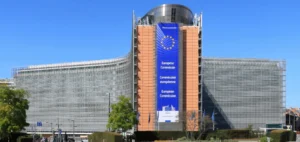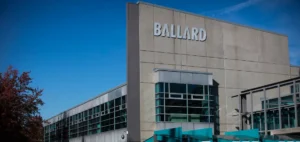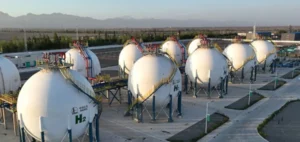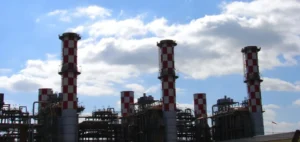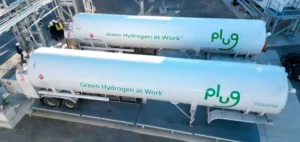GRTgaz, the French energy transmission company, in collaboration with its German counterpart Creos, has announced the launch of an ambitious hydrogen transport network project. The network will run from Moselle in France to the Dillingen and Völklingen steelworks in Saarland, Germany. The project, named Mosahyc (MOselle SArre HYdrogène Conversion), represents an investment of around 100 million euros and is scheduled to be operational by mid-2027.
Energy Transition in the Steel Industry
The Mosahyc initiative was triggered by the decision of the SHS steel group to gradually replace coal with hydrogen in steel production from 2027. This transition is part of a wider movement to decarbonize the steel industry, which is crucial if we are to meet our climate objectives. The project has received significant support from the German government, with a grant of 2.6 billion euros announced by the German Minister of Economic Affairs, Robert Habeck.
Implications and prospects
The Mosahyc pipeline, which consists mainly of the conversion of existing natural gas pipelines, is a world first on this scale. It will be supplied with hydrogen produced at the Carling-Saint-Avold chemical platform in Moselle. This project is part of a wider strategy to develop hydrogen in France, with similar projects underway in other regions, aiming to extend the national hydrogen network to 500 km by 2030.
The Mosahyc project represents a milestone in Franco-German collaboration on the energy transition. By supplying hydrogen for steel production in Saarland, this project not only strengthens cross-border energy links, but also paves the way for a greener, more sustainable steel industry, essential in the fight against climate change.


















